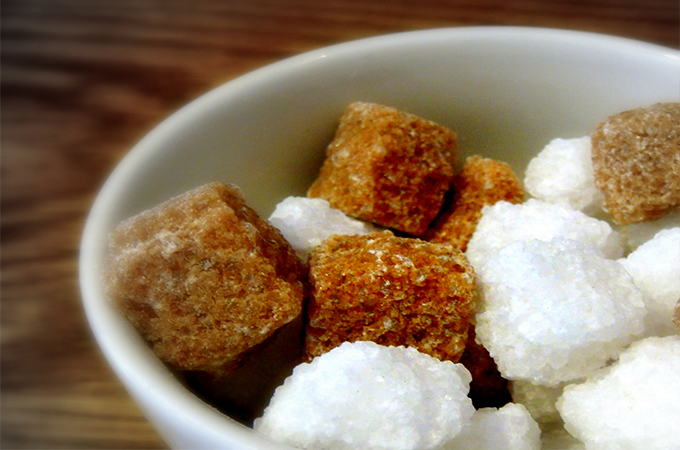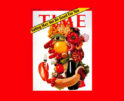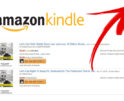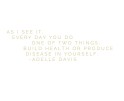
The Great Sugar Debate
How Bad is Sugar Really?
Christina Markos
Toxic? Addictive? The Sweet Stuff doesn’t Seem So Sweet Anymore!
Since our Clean Eating Series, sugar has become a popular topic here at the foundation and in the community. When “clean eating,” you are not supposed to eat “refined sugars,” and instead only consume sugars that are derived from natural sources. If you have been reading the news lately, there have been many claims about sugar and how we are addicted to it, how bad it truly is, how it is hidden in many of our favorite foods and how it may be shortening our lives. Nutrition expert and author Dr. Mark Hyman, who’s been researching the effect of the sweet stuff on our systems for 20 years, and has compiled the latest findings into his new book, “The Blood Sugar Solution 10-Day Detox Diet.” He explained, “Sugar is killing us. It’s not the couple of teaspoons we’re stirring into our morning coffee, but the sweetened additives hidden inside processed foods — even the seemingly healthy, low-fat ones like cereal and tomato sauce — that we eat every day. Some animal studies show that sugar is eight times more addictive than cocaine…Sugar is the new nicotine. Sugar is the new fat — except fat is not addictive in the way that sugar is. And worse, sugar actually causes diabetes and obesity. Nearly 70% of Americans and 1.5 billion people worldwide are overweight, and that’s expected to balloon to 2.3 billion people worldwide by 2015.” (Hyman)
Of course we all know that sugar in the form of cakes, cookies, candies, coffee drinks, etc can lead to a variety of health problems but what many do not know is that sugar is being hidden in foods that we believe are “sugar-free” or “healthy.” Foods like tomato sauce, “healthy” cereals, wheat bread, salad dressings, marinades, and salty crackers all have added sugars. As Hyman points out, sugar is highly addictive and we are consuming so much of it without even realizing it. Of course I looked to Adelle Davis for advice on the topic. In her book, Let’s Stay Healthy, she has a whole chapter devoted to sugar and how much of the sweet stuff we actually need. As she brilliantly discusses refined sugars and the dangers, “Almost every food we eat forms sugar either directly or indirectly during or after digestion. A person in the habit of choosing his food wisely may never taste jams, jellies, chocolates, or refined sugars in any form. Instead he or she receives all the sugar he or she needs from natural sources. Unfortunately we tend to rely too much on refined sugar to satisfy our hunger since it is absorbed rapidly into the bloodstream and gives a temporary boost to the blood sugar level. However, apart from being used in the body to provide energy it has no other value; it contains neither vitamins nor minerals.” Davis then went on to show what Hyman was explaining in his article by providing daily sugar intake tables, proving that we get all the sugar we need natural sources (milk, fruit, veggies, potatoes etc) and that even when we are seemingly eating “healthy” we are still ingesting a lot of sugar, Davis explains that if one “took the same amount of energy as table sugar (refined sugar) it would not contain any nutritional value and might well lead to problems of overweight and metabolic disorders.” Once again, Adelle was so ahead of her time, explaining the hidden sources and negative effects of sugar back in the 70s and her future predictions were spot on! “Besides the obvious content there is sugar in cold meats, sausages, cured ham, ketchup, many cereals, soups, snack foods, juices, beverages, and most all prepared food. Refined sugars do not improve health; they are more likely to impair it.” (Davis)
Stayed tuned for ways to cut back on refined sugar, detox your kitchen from secret sugars, healthy recipes, and news!
Recommended
-
Medicine: The High Priestess of NutritionSeptember 12th, 2016
-
Kindle “Let’s Eat Right to Keep Fit” and “Let’s Get Well”April 28th, 2016
-
Happy Birthday AdelleFebruary 25th, 2016
-
Adelle Davis On Nutrition WFCR June 4, 1972December 29th, 2015
-
Adelle Davis AP InterviewOctober 11th, 2015





